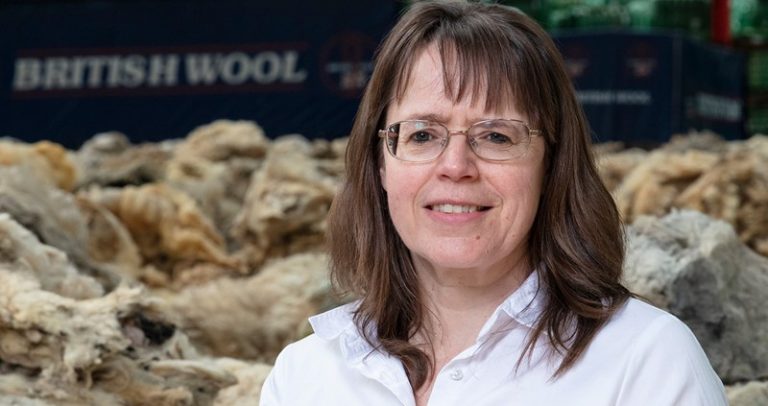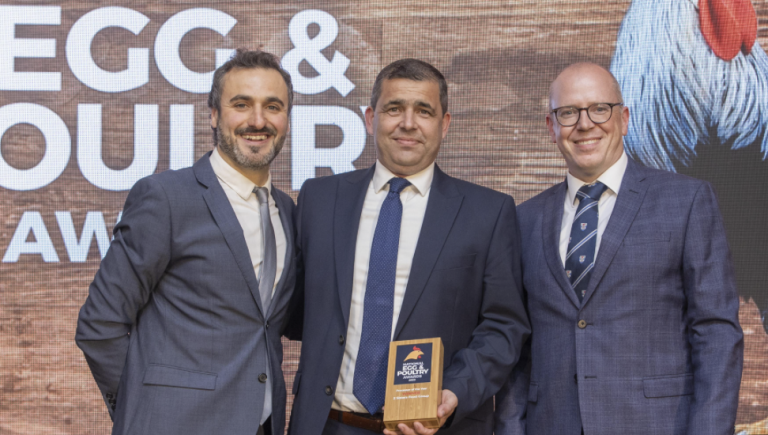West Yorkshire woman’s company aims to elevate the value of British wool
Bowmer + Kirkland construction site first to power tower crane and heavy equipment with batteries
Under new rules sellers of illicit cigarettes could face £10,000 fine
North Yorkshire Council pledges to level playing field for contract-seeking SMEs
Scunthorpe-based food group wins national accolade
Business-boosting initiative comes to an end after seven years
Streets Chartered Accountants covers its Charity Golf Day, farmland inheritance tax reliefs, NICs and more in new news roundup
Streets Chartered Accountants covers the success of its Charity Golf Day, inheritance tax reliefs applicable to farmland, National Insurance Contributions, and more in its new news roundup.
Golf Day Secures Hole in One for Air Ambulance
Streets was delighted to host its tenth annual Charity Golf Day on Friday 7th July, raising a record amount of more than £8,000 for the Air Ambulance. The total amount fundraised will be divided between three regional charities; East Anglian Air Ambulance, Lincolnshire and Nottinghamshire Air Ambulance and Yorkshire Air Ambulance. The winning team on the day was Varley Orthopaedics with Civil Recovery Solutions coming in second and The One Group in third place. The winners of the Longest Drive and Nearest the Pin competitions were Adam Aisthorpe and Paul Ward respectively… Agricultural Schemes and IHT ReliefsThere are two main reliefs for inheritance tax that can apply to farmland. These are Agricultural Property Relief (APR) and Business Property Relief (BPR). APR applies to the agricultural value of the land and applies where it is occupied for the purpose of agriculture. The length of ownership and occupation required depends on who occupies the land; if it is occupied by the owner or a company they have a controlling holding in then the period is 2 years, if occupied by another, e.g. a tenant, then the period is 7 years… Retrospective Voluntary National Insurance ContributionsThe UK government has announced a further extension to the deadline for making retrospective voluntary NICs covering the period from April 2006 onwards. If there have been gaps in your National Insurance Contributions, there is a possibility that you may not meet the qualifying year requirement to receive the full state pension (dependent on the size of the gap and how close you are to state pension age). Retrospective contributions can fill these gaps and ensure the full state pension is received… Could you and your business get greater value from your Year-End? Not to be confused with the tax year-end which is 5th April each year, the year-end date for your business is specific to you. The largest proportions of businesses tend to opt for either a 31st December or 31st March year-end. Typically, most businesses, when it comes to their year-end will focus primarily on finance and financial reporting, with Directors, owners and shareholders keen to know the financial outcome… Streets Summer Newsletter 2023It is looking as if the only respite we will get from ongoing economic challenges this year is warmer weather. Hopefully, readers of Streets’ newsletter will find something of interest that will help ease the burdens of rising fuel, food and other energy prices and provide business readers with ideas to meet their current challenges. As always, if you would like more information regarding any of the issues Streets has flagged in this summer edition, please pick up the phone… SmartMoney – July/August 2023SmartMoney is the bi-monthly magazine from Streets Financial Consulting plc, Streets Chartered Accountants’ independent financial planning arm, full of news and helpful information on personal financial planning…4 ways to create a better workspace
Keep things simple
Technology means we now carry our work with us wherever we go, via laptops, tablets and mobile phones. With so many distractions already lowering productivity, companies don’t want to add to this. Keeping it simple is a good way to reduce distraction. Take time to declutter the office, a clean environment helps promote productivity. Make sure you have enough storage solutions for everything. Nice views, daylight and simple written graphics or sculptures are great. They aid creativity and lift the general mood. However, big TV screens, busy artwork or loud colours often go the other way.
Flexible noise
Different people work better with different noise levels. Consider what’s right for your office and your staff. Is it appropriate to play music? Do people have the need for headphones or do people need silence at certain points of their working day? Consider the neurodiversity of your employees. Neurodiversity is a topic that has seen more attention lately and with good reason. If people have certain triggers within an environment, every step needs to be taken to address this from an employer’s perspective. Creating a certain mood within a working space is integral to motivating employees. For business owners, it can increase employee productivity. Glass walls or partitions can be a great addition to an office space. Installing them creates a natural divide to give people privacy and quiet. However, they still give the feel of an open space.
Modern ways to work
Staff want comfort in their workplace now, having spent so many months at home during the pandemic changed the way people saw the workplace. Many businesses are moving away from the traditional work surface of desk and chair. The aim is to create a more relaxed environment to aid creativity and teamwork. Sofas and lounge furniture are great for rest breaks, relaxation or brainstorm areas. However, they might not necessarily be good for long hours of work. They can have comfort and health implications if used for too long. Biophilic design is also important, the process of bringing the outdoors inside has had a proven calming effect on employees. It can be as simple as providing more natural light, investing in diverse plant life or creating outdoor spaces that opens up existing office space. The days of harsh strip lighting and dull surroundings are set to be a thing of the past. Standing up at work is becoming increasingly popular as the nation becomes more health-conscious. Therefore it’s always good to give people various options.A question of light
Maximising natural light in the workplace is known to boost morale and in turn productivity. When it is not possible to have windows close to the workspace, there are other ways to make best use of what is available. LED lights are proving to be very popular in modern offices as they have many health benefits. Lamps can also be fun and functional in an office space where certain areas need more lighting than others. Try to keep wall colours light and fresh. This will make the overall space seem lighter, airier and larger than darks or vibrant bright colours. For office design inspiration, APSS has more than 25 years’ experience providing exceptional workspaces across the East Midlands.Brabners’ dealmakers support nearly £500m of transactions
New Northern head of rating for CBRE
CBRE has formed a new leadership structure for its rating service across the North following the decision by David Cownie to step back from leading the Northern team after 25 years.
Leeds-based Nick Marsden takes up the role as head of rating North and Mark Hayes has been named as head of the Manchester rating team. Cownie’s new remit will be focused on specific mandates for CBRE. Marsden has spent more than 15 years in rating, working on behalf of occupiers, landlords and investors throughout the North to manage and mitigate their business rates. Nick has a proven track record in the sector including rating advice across large, complex national property portfolios and office developments, as well as extensive investor relations expertise. He said: “Having worked at CBRE for 13 years, I am proud to be part of the incredibly talented team across the North. I look forward to providing our client base with first class rates advice and growing the team further.” “The 2023 Rates Revaluation has seen all business’s rateable values and rates costs change, with many facing significant increases. Furthermore, with changes to the appeal system and other reforms coming in 2026, the system has become increasingly complex to navigate. We are well placed to steer clients through these changes to help them to proactively mitigate their tax burden,” continued Marsden. Mark Hayes will lead the Manchester rating team, bringing an extensive track record built up over a 14 year career, having provided rating advice to some of the largest occupier and investor clients in the UK. Hayes has significant experience presenting cases at the Valuation Tribunal and has also represented several high profile clients at the Upper Tribunal (Lands Chamber). Hayes said: “It will be an honour to lead the team in Manchester, who are a talented group of individuals and among the best in our industry. My focus going forward will be to ensure that our clients receive the best possible service at a time when the Business Rates system is seeing huge change.” John Ogden, MD, CBRE North, said: “We would like to thank David for his dedication to the business and leadership of an exceptionally high performing rating team in Manchester and more latterly the Northern region over his considerable tenure with CBRE. “We congratulate Nick on his promotion to head of rating North and to Mark as head of the Manchester team. With David’s continued support, Nick and Mark will progress the plan for growth of the rating business throughout the next era and we look forward to celebrating the continued success of the service line under the new leadership structure.”











